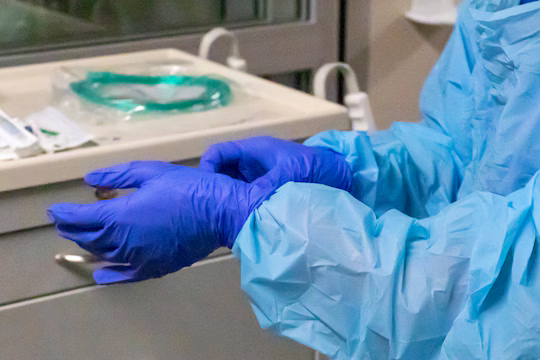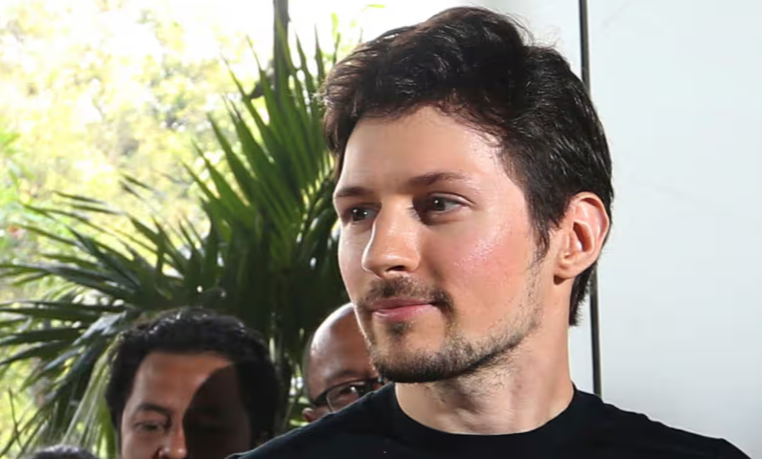Pavel Durov, the Russian-born billionaire and founder of the Telegram messaging app, has spoken out about his recent arrest in France, describing it as “misguided.”
In his first public statement since being detained last month, Durov denied accusations that Telegram is an “anarchic paradise” and expressed surprise at the actions of French authorities.
Durov was arrested in late August as part of an investigation into the use of Telegram for illegal activities, including the distribution of child sexual abuse material, drug trafficking, and fraudulent transactions. Although he was formally placed under investigation, Durov was released on a €5 million bail with conditions, including regular check-ins with law enforcement and the requirement to remain in France.
In a statement shared on his Telegram channel, Durov criticized the French authorities for not utilizing available communication channels, such as a hotline he had helped establish, to address their concerns directly with the company. He argued that it is inappropriate to hold the CEO of a platform personally responsible for criminal activities conducted by third parties.
“Using laws from the pre-smartphone era to charge a CEO with crimes committed by third parties on the platform he manages is a misguided approach,” Durov wrote.
He further defended Telegram, acknowledging the platform’s imperfections but rejecting the portrayal of it as a hub for illegal activity. Durov emphasized that Telegram actively moderates content, removing “millions of harmful posts and channels every day.”
Durov’s arrest has reignited discussions about the legal responsibilities of tech platforms and the balance between free speech and government regulation. Telegram, a platform with nearly 1 billion users, has faced criticism for allegedly being slow to address illegal content. However, Durov maintains that the company is committed to improving its moderation efforts and addressing the growing challenges posed by its increasing user base.
Despite the ongoing investigation, Durov continues to deny any wrongdoing, stating that his company is working to enhance security measures and better address concerns raised by governments and law enforcement agencies. Telegram, launched in 2013, has become a major player in the messaging space, particularly in Russia and other countries of the former Soviet Union, and has faced scrutiny for its refusal to hand over user data in the past.
The Guardian, Reuters, and BBC contributed to this report.









